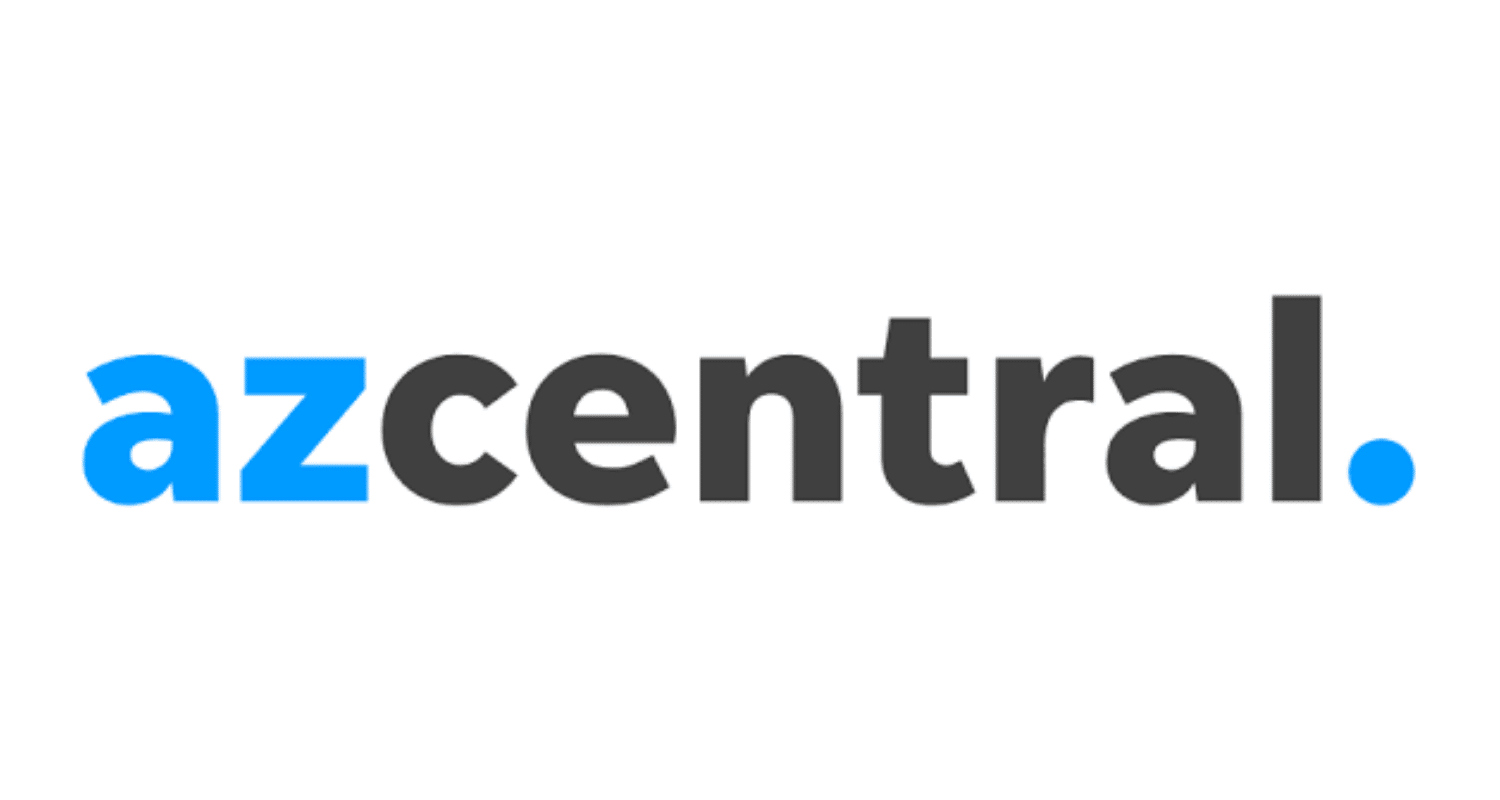SECURE Act 2.0 Is Overhyped, Says Ed Slott
Policymakers tout recent legislation as offering a leg-up to Americans struggling to save for retirement, but one tax and retirement expert says not to believe the hype.
The SECURE Act 2.0, enacted at the end of last year, will bring about some important changes for retirement planners—but it’s not as impactful as its predecessor, 2019’s the SECURE Act, said Ed Slott, president of Slott & Co.










